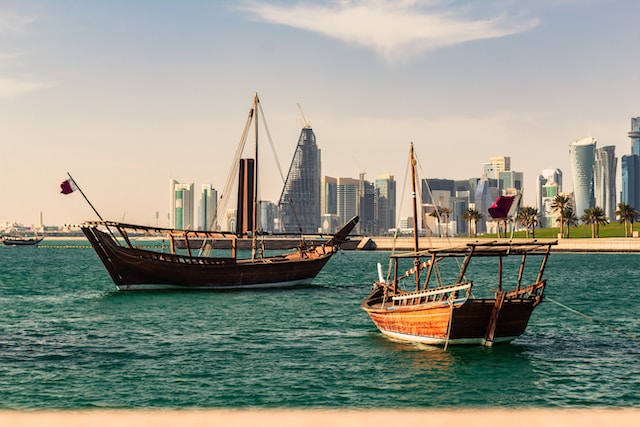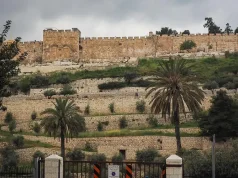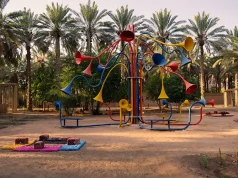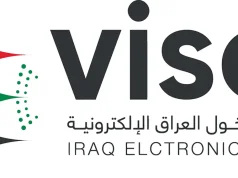
The year 2023 heralds a new era of bilateral relations between Qatar and Indonesia, marked by the selection of Indonesia as a partner nation for a major annual event in Qatar, the “Qatar Year of Culture”. This partnership was solidified by an agreement signed in 2021 by the Indonesian Ambassador and the General Manager of the Katara Cultural Village Foundation (KATARA).
As an initiative that enhances cultural exchanges and strengthens international relationships, the Qatar Year of Culture, as showcased on Years of Culture, offers a platform for a myriad of collaborative possibilities across various sectors.
In the realms of film and photography, these collaborations afford opportunities to share customs, stories, and perspectives, fostering a mutual respect and understanding of each other’s cultures. These platforms act as windows into the societies they represent, making them invaluable tools in the effort to bridge cultural gaps.
Sporting events hosted by either country can generate significant economic advantages. This is due to the influx of tourists, athletes, and spectators, which invariably benefits local businesses such as hotels, restaurants, and travel and retail industries.
Literature is another area where cultural communication can be enriched. The exchange of unique viewpoints, narratives, and traditions through literary collaborations can greatly enhance the cultural diversity and understanding between Qatar and Indonesia.
In the scientific arena, researchers, scientists, and specialists from both countries can collaborate to share knowledge, skills, and research findings, leading to breakthroughs and advances in a multitude of scientific fields.
Similar benefits can be derived from cooperative efforts in technology and sustainability. Through knowledge sharing in areas like renewable energy, smart cities, waste management, and environmental protection, both Qatar and Indonesia can work towards a more sustainable future.
The fashion and design industry also presents an opportunity for cultural exchanges. Showcasing their unique design sensibilities, skills, and cultural influences, both nations can promote their rich heritage to a wider global audience.
Healthcare is another vital sector for cooperation. By sharing medical research, discoveries, and best practices, improvements can be made in disease prevention methods, treatment plans, and healthcare delivery.
Music and theatre collaborations can act as a medium for the promotion of cultural legacies, increasing understanding and appreciation of the artistic traditions, storytelling techniques, and musical genres of both nations.
In the political landscape, increased cooperation can help build diplomatic ties, fostering trust, and mutual benefits. The same holds true in the field of economics, where economic growth and capacity building can be bolstered.
Museums and art exhibitions, through cooperative efforts, can promote intercultural understanding, appreciation, and communication, showcasing their unique artistic traditions, historical artifacts, and cultural heritage. Places like the Flag Plaza, can serve as significant venues for such cultural exhibitions.
Last but not least, culinary arts collaborations allow for the exchange of distinctive culinary traditions, flavours, and techniques, enriching the culinary diversity of both nations.
In conclusion, the interaction between Qatar and Indonesia opens a wide array of positive opportunities in various fields. Through these partnerships, there is potential for economic growth, knowledge sharing, capacity building, tourism promotion, and the creation of enduring cultural legacies.





